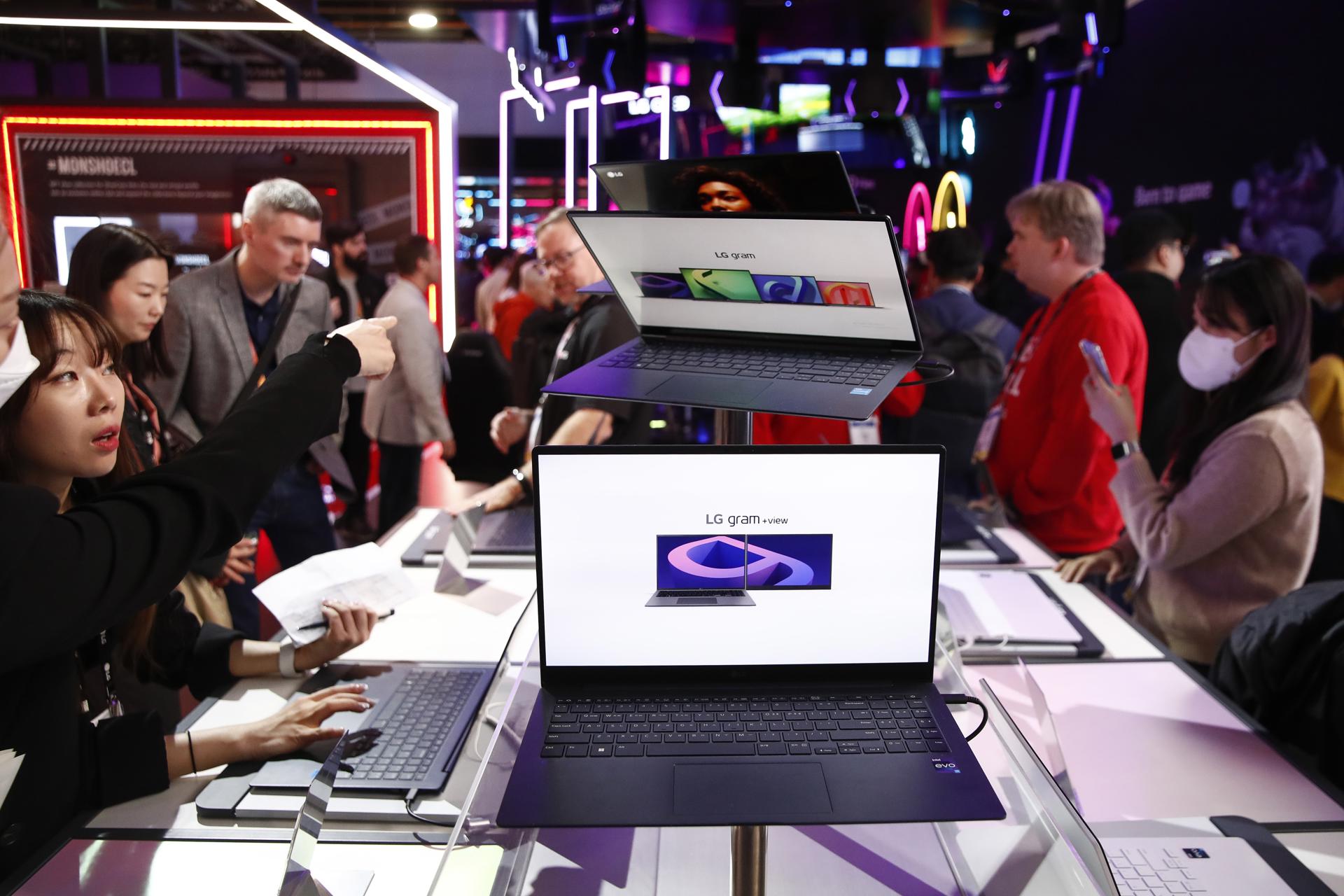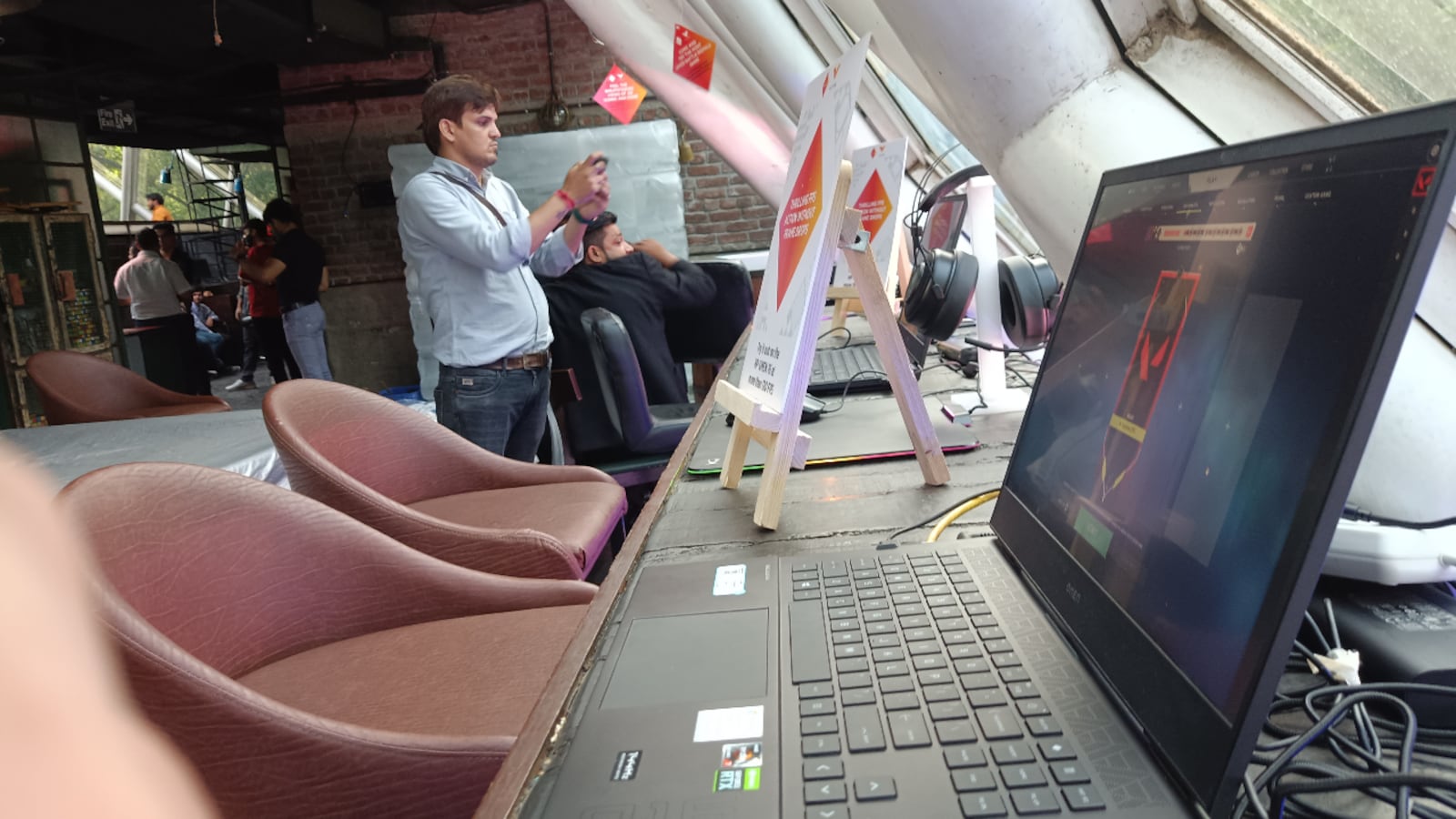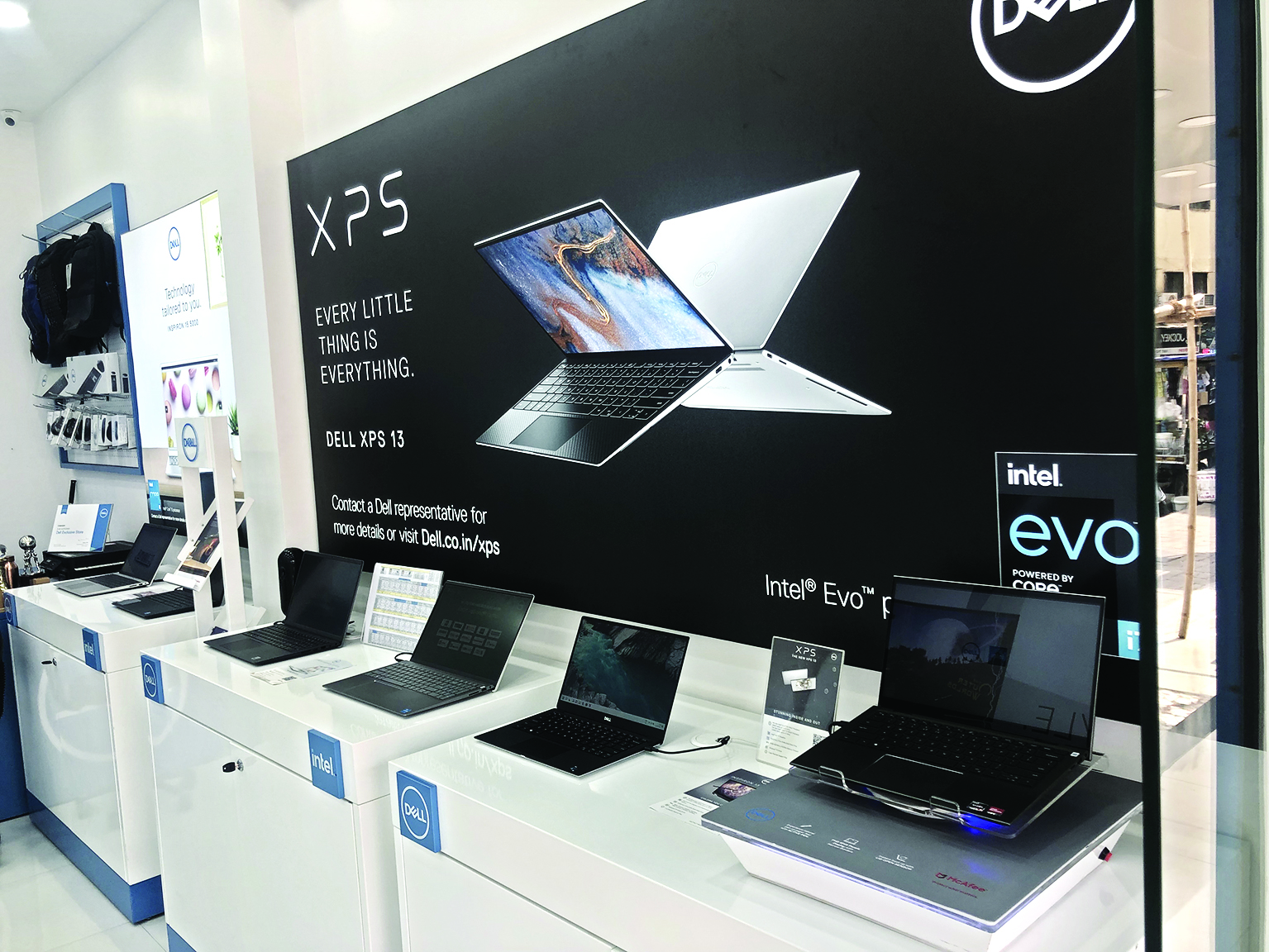China Granted Laptop Import Requests by Government 2023

China Granted Laptop Import Requests by Government 2023
In recent years, China has emerged as a global manufacturing powerhouse, producing a wide range of products, including laptops, that are in high demand worldwide.
The Chinese technology industry has grown significantly, with companies like Lenovo, Huawei, and Xiaomi gaining prominence in the global market.
However, concerns have been raised about the quality and security of products manufactured in China, leading to discussions about whether restrictions should be imposed on imports from the country.

Despite these concerns, the Indian government has recently cleared 110 laptop import pleas from China, signaling a continued openness to trade with the Asian giant.
As the government’s prior authorization system for computer and tablet imports takes effect on October 18, 110 brand owners, merchants, and resellers—among them Lenovo and Xiaomi—have been granted the green light. These companies obtain their products from China.
As per the regulations set forth by the commerce ministry, importers on the Denied List are those who have not met their export duties under schemes such as Advanced Authorization, or who are the subject of an inquiry by an investigative agency.

In order to maintain India’s reliable supply chain, the new licencing system is applicable to laptops, desktop and laptop computers (including tablet computers), microcomputers, big or mainframe computers, and certain data processing equipment.
In the meanwhile, following discussions with business, the government introduced a new “restricted import authorization” system on October 18 to track computer equipment imports. For the time being, importers will be able to obtain approvals instantly under this method; all they need to do is specify the item’s name, quality, and value.
Before determining the next course of action, the government will keep an eye on the import data and patterns through September of the next year.
The modifications that were disclosed in conjunction with the introduction of the import authorization system permit Special Economic Zones (SEZs) to manufacture computer hardware and electronics and to sell them in domestic tariff zones without a permit.
Without prior authorization, units within Software Technology Parks of India (STPI) or Special Economic Zones (SEZs) may import these items for captive use. A DGFT policy circular states that imports made for defence and security reasons by the federal, state, or private sectors acting on their behalf are exempt.

The August announcement’s earlier exclusions from import licencing for personal use and research purposes are still in effect.
Laptops have become an integral part of modern life, playing a crucial role in various sectors such as education, business, and personal use. They enable remote work, online learning, and access to information and entertainment. Given their versatility and widespread use, laptops have become essential tools for people across the globe.
China has positioned itself as a dominant force in the global laptop manufacturing industry. Companies like Lenovo, headquartered in Beijing, have consistently ranked among the world’s top laptop manufacturers.
Lenovo, in particular, has a strong presence in the Indian market, offering a wide range of laptops catering to different needs and budgets. Apart from Lenovo, other Chinese manufacturers like Huawei and Xiaomi have also made inroads into the Indian laptop market, offering competitive products.

While Chinese laptops have gained popularity due to their affordability and specifications, concerns have been raised about their quality and the potential risks associated with importing technology products from China. Some of the key concerns include:
- Security: There are concerns that Chinese-made laptops could have built-in vulnerabilities or backdoors that could be exploited for espionage or cyberattacks. This has led to apprehension about using such devices for sensitive purposes.
- Quality Control: Critics argue that Chinese manufacturers may prioritize cost-cutting over quality control, leading to potential issues with the durability and reliability of laptops.
- Trade Imbalances: The trade deficit with China has been a persistent concern for several countries, including India. Importing a large number of laptops from China could exacerbate this issue.

Despite these concerns, the Indian government has cleared 110 laptop import pleas from China. This decision signals the government’s continued commitment to open trade and economic engagement with China. It is essential to understand the reasons behind this decision:
- Consumer Demand: Chinese laptops have gained popularity in India due to their affordability and specifications. Meeting this demand through imports allows Indian consumers to access a wide range of laptop options at competitive prices.
- Economic Ties: India and China have strong economic ties, with both countries being significant trading partners. Restricting imports from China could potentially harm these economic relations.
- Regulatory Oversight: The government has emphasized the need for rigorous regulatory oversight to ensure that imported laptops meet quality and security standards. This approach aims to address the concerns related to product quality and security.
- Trade Balance: While concerns about trade imbalances persist, the government appears to be taking a measured approach, recognizing the importance of trade relations with China while also seeking to promote domestic manufacturing through initiatives like “Make in India.”

The decision to clear 110 laptop import pleas from China reflects the Indian government’s willingness to balance the need for consumer access to affordable technology products with concerns about quality and security. While concerns about Chinese-made laptops persist, regulatory oversight and quality checks are expected to address some of these issues.
As the laptop market continues to evolve, it will be crucial for the government to monitor imports closely and ensure that they meet the necessary standards. This approach allows India to benefit from global trade while safeguarding its interests and national security concerns.




